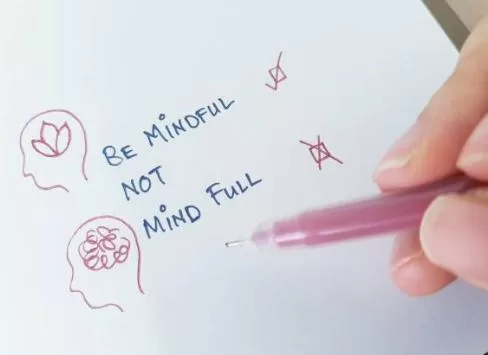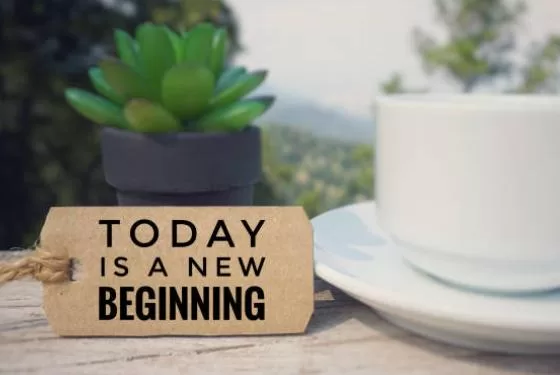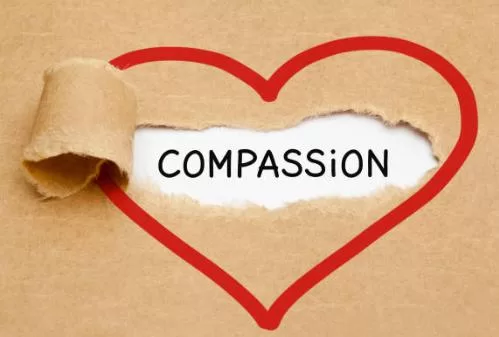How Can I Use Mindfulness To Enhance My Self Improvement?
Learn how to use Mindfulness to help enhance Self-Improvement.

Selfpause Affirmation App
Download the app to get 1,000’s of affirmation meditations and everything you need to write, record and listen to your own.
It is easy to get caught up in the rush and bustle of daily living in today’s fast-paced world. Frequently, we are continuously on the move, constantly multitasking, and never taking a moment to be present. Yet, practicing mindfulness can help us slow down and become more aware of our thoughts, feelings, and surroundings. By adopting mindfulness into our daily routines, we can boost our self-improvement journey and lead a more fulfilling existence.
What is mindfulness then?

Mindfulness is the practice of nonjudgmental presence in the present moment. It entails being aware of our thoughts, emotions, and physical sensations, as well as our environment. Mindfulness can be practiced by meditation, yoga, or by simply being present during daily activities.
Today, let’s discuss several ways that we might employ mindfulness to boost our self-improvement journey.
Start your day with intention

Starting the day with intention is one method for incorporating mindfulness into daily life. Take a few seconds to be present instead of instantly going for your phone or rushing to get ready for work. This can be accomplished by the practice of a simple mindfulness meditation, such as focusing on your breath or repeating positive affirmations.
Beginning the day with purpose can help you set the tone for the remainder of the day and keep you focused on your goals and values.
Employ self-compassion

Self-compassion is an essential component of self-development. It means treating yourself with kindness and compassion and being compassionate with yourself when things do not go according to plan. By cultivating self-compassion, you can foster a more positive relationship with yourself and improve your well-being as a whole.
Self-compassion can be practiced through mindfulness meditation. You can accomplish this by sitting quietly and focusing on your breath. As thoughts or emotions occur, examine them without judgment and then return your attention to your breath. This can assist you in developing a more compassionate disposition toward yourself and others.
Concentrate on the current moment

It is easy to get caught up in worrying about the future or reminiscing on the past in our hectic life. By focusing on the present, we can build a better sense of tranquility and contentment. This can be achieved with the support of mindfulness, which teaches us to be fully present during daily activities.
Practicing present moment awareness is as simple as paying attention to your environment. This may involve being aware of the sights, sounds, and fragrances around you as well as the physical sensations in your body. You can also practice present moment awareness throughout tasks such as eating, walking, or even washing dishes.
Learn to release unpleasant thoughts and feelings.

Negative thoughts and emotions can be a significant barrier to personal development. They can prohibit us from advancing and accomplishing our objectives. By practicing mindfulness, though, we can learn to let go of unpleasant ideas and feelings and build a more optimistic outlook.
One approach to do this is through the practice of mindfulness meditation that emphasizes letting go of negative ideas and feelings. You can do this by envisioning yourself letting go of any bad ideas or emotions that emerge when sitting in a calm environment. During this meditation, you can also practice self-compassion by reminding yourself that it’s alright to experience bad emotions and that you’re doing your best.
Develop a deeper feeling of gratitude

Gratitude is an essential component of personal development. We can build a more positive attitude towards ourselves and others by creating a better feeling of gratitude. This can be accomplished with the help of mindfulness, which teaches us to focus on the present now and appreciate the little things in life.
You can practice thankfulness by contemplating the things in your life for which you are grateful. This can involve your relationships, your health, or even something as simple as a gorgeous sunset. You can also start a thankfulness journal and write down a few things each day that you’re glad for.
Use mindfulness to improve your physical wellbeing.

Mindfulness can improve not just our mental and emotional health, but also our physical health. By practicing mindfulness during physical activities like yoga or exercise, we can enhance our concentration, equilibrium, and overall performance.
Mindfulness can also be used to improve eating habits. By practicing mindfulness during meals, you can become more attuned to your body’s signals of hunger and satiety and make healthier decisions.
Practice mindful communication

Good communication is essential for personal development. By practicing mindful communication, we can strengthen our relationships with others and increase our capacity for empathy and comprehension.
Mindful communication is being fully present and attentive throughout talks, as well as nonjudgmental and empathetic toward others. You can practice mindful communication by actively listening, communicating intelligently and with respect, and taking the time to comprehend the viewpoints of others.
In conclusion, mindfulness is a potent tool that can augment our journey toward self-improvement in numerous ways. By bringing mindfulness into our daily lives, we can establish a more positive relationship with ourselves and others, as well as cultivate more awareness, compassion, and gratitude. Practicing mindfulness, whether through meditation, yoga, or simply being present during regular activities, can help us lead a more fulfilling and meaningful life.
